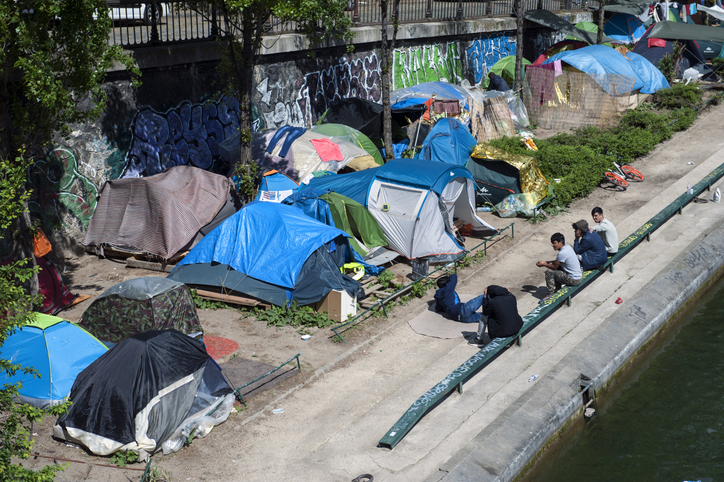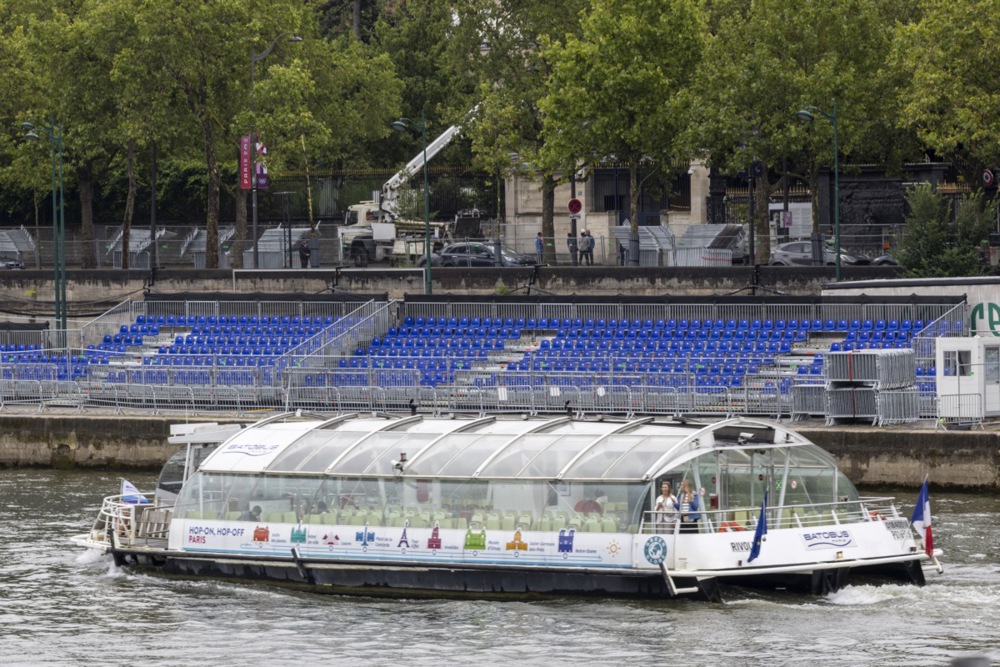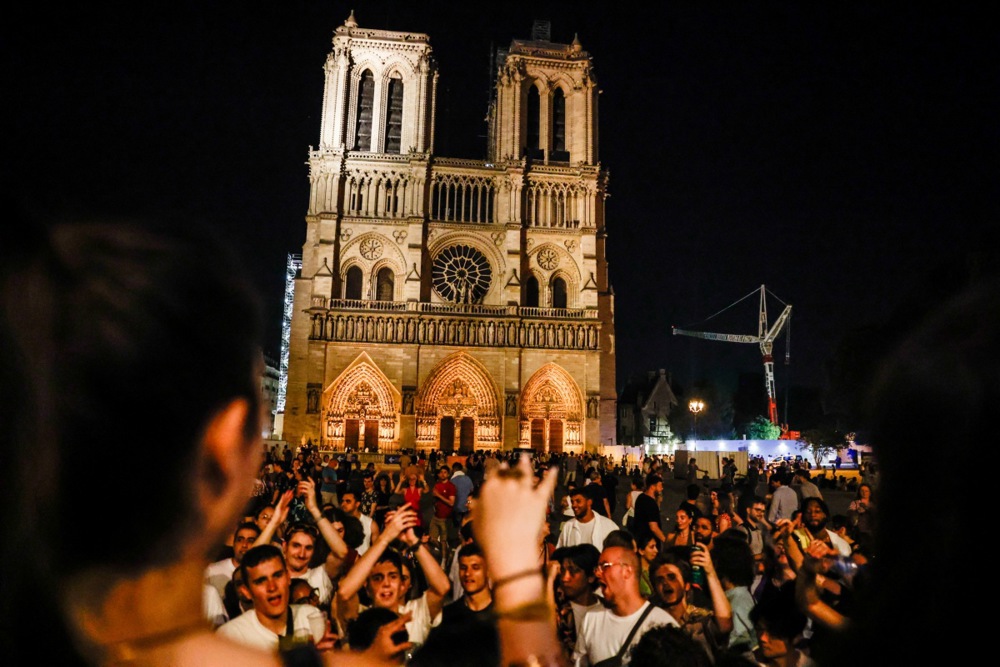A series of alleged killings in Paris might have been inspired by radical Islamism, investigators say.
Previously, they had assumed the alleged murders in Paris were the possible result of homophobia, or repressed homosexuality, but now a religious motive appeared to be at play.
A suspect in his 20s, originally from north Africa, had already been arrested on August 25. He claimed to be from Algeria but reportedly has Tunisian nationality.
French media reports allege he made false statements about his origin to sabotage a possible expulsion from French soil, as the French Government has a diplomatic conflict with the Algerian Government.
Because the alleged murders happened at a known gathering place for gay men, the police suspected that the sexuality of the victims played a role in their deaths.
The police said the suspect is a practicing Muslim whom they said might have been radicalised.
They scrutinised his phone and spoke with people who knew him. Officers discovered he was a strict follower of radical Islam, with his devotion increasing over time, which had reportedly alarmed those close to him.
He called friends to point out, in his view, their lack of religious fervour, it was reported.
According to his own statements, the man had been living in the area of Paris for eight months and in France for three years, undocumented.
He lived in a squat near the location of the alleged murders and was suspected of operating alone. One of his relatives was also taken into custody for possibly having been aware of the alleged crimes.
The primary suspect remained silent to the majority of the questions during his police custody, officers said.
He was already known to the authorities for burglary, theft with damage, and for breaches of immigration law.
The four alleged murders took place over 16 days, all in the same area of the French capital.
Three of those who died reportedly had an immigrant background and one was openly gay.
At least two of the victims bore traces of strangulation with fractures of the hyoid bone, according to police. A third body showed a slight abnormality of the hyoid bone, which also suggested strangulation, according to forensic experts. The forth body did not show traces of violence, they said.
In reaction to the alleged murders, the LGBTQ+ organisation Stop Homophobie (Stop Homophobia) earlier said that several sources close to the case mentioned the accused was allegedly against homosexuality.
French police have arrested a man suspected of being behind at least four Paris killings. The suspect, a migrant from North Africa, allegedly targeted gay men. https://t.co/sCZ0959SSD
— Brussels Signal (@brusselssignal) August 26, 2025





